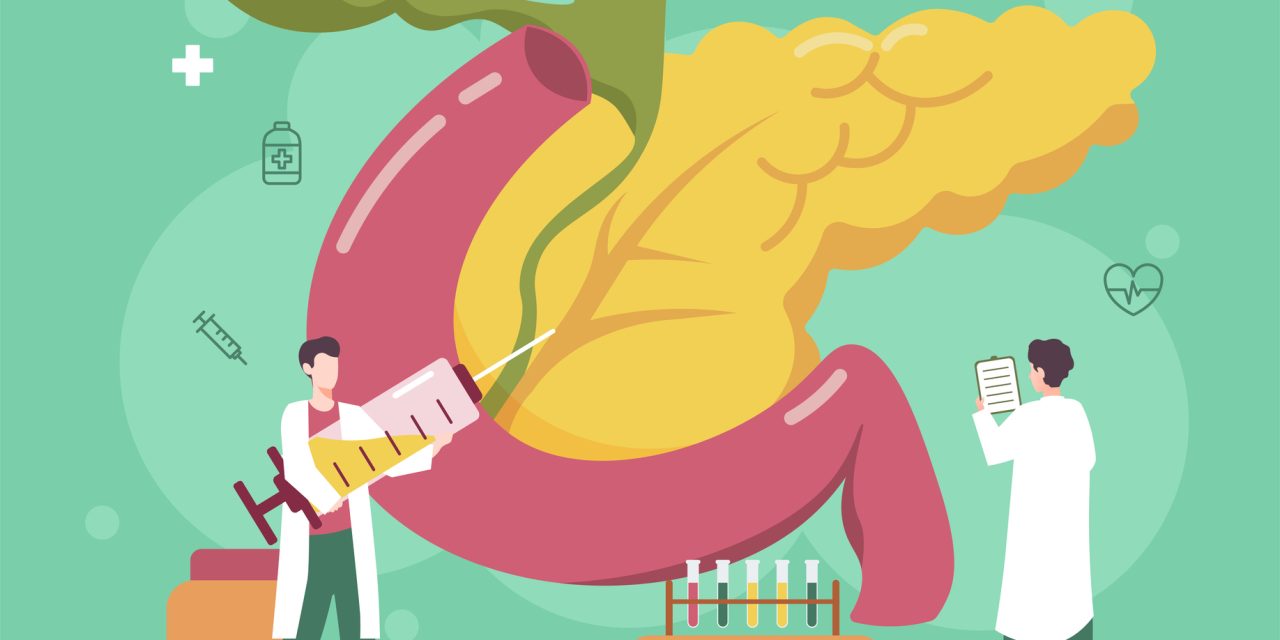Women commonly seek medical advice about menopausal symptoms. Although menopausal hormone therapy is the most effective treatment, many women prefer non-pharmacological treatments, such as physical activity. The effectiveness of physical activity has been inconclusive when assessed by randomised controlled trials, and it remains unclear how women feel about it as a possible treatment approach. The aim of the study was to explore symptomatic menopausal women’s views and experiences of physical activity as a treatment for vasomotor and other menopausal symptoms.
An in-depth qualitative study was embedded within a randomised controlled trial that assessed the effectiveness of physical activity as a treatment for vasomotor menopausal symptoms in previously inactive vasomotor symptomatic women. Participants were randomised to one of two physical activity interventions or a usual care group. Both physical activity interventions involved two one-to-one consultations, plus either supporting materials or access to physical activity support groups, over 6 months. Semi-structured interviews were conducted with 17 purposively selected participants from all three trial groups after they had completed trial follow-up. Interviews were audio recorded, transcribed verbatim, and analysed by constant comparison.
All participants talked positively about physical activity as a treatment for their menopausal symptoms, with most reporting participation had improved their hot flushes and night sweats. They reported that they had experienced improved sleep, physical health and psychological well-being. Those who received the physical activity plus social-support intervention reported their ability to cope with their menopausal symptoms had improved. Many participants commented that they would prefer doctors to discuss physical activity as a possible treatment for their hot flushes and night sweats, before offering medication.
Based on the views and experiences of the women who participated in this study, healthcare professionals should continue discussing physical activity as a potential first treatment option with menopausal women. Furthermore, healthcare professionals should ensure they prepare, support, and encourage these women both physically and emotionally.
ISRCTN ISRCTN06495625 Registered 10/11/2010.
Women’s views about physical activity as a treatment for vasomotor menopausal symptoms: a qualitative study.


